Perfume creation is an intricate art, blending science and creativity to produce captivating fragrances. A vital ingredient in this craft is alcohol, which plays a pivotal role in enhancing the overall experience of a fragrance. In this article, we will delve into the role of alcohol in perfumes, exploring its benefits and drawbacks while providing a comprehensive understanding of its significance.
What Is Alcohol in Perfumes?
Alcohol, typically ethanol or denatured alcohol, is a key solvent used in perfumes. Its primary purpose is to dissolve essential oils and aromatic compounds, allowing them to mix seamlessly. The use of alcohol ensures the fragrance maintains its consistency and enhances its dispersal when applied.
Types of Alcohol Used in Perfumes
- Ethanol: Ethanol is the most commonly used alcohol in perfumes due to its ability to effectively dissolve fragrance compounds and its quick evaporation rate.
- Denatured Alcohol: To make alcohol unsuitable for consumption, it is denatured by adding certain chemicals. This form is frequently used in perfumes to avoid taxes associated with alcoholic beverages.
- Isopropyl Alcohol: Rarely used in high-end fragrances, isopropyl alcohol serves as a substitute in some industrial-grade products.
Benefits of Alcohol in Perfumes
1. Effective Solvent for Fragrance Oils
Alcohol acts as a highly efficient solvent, ensuring that essential oils, aroma chemicals, and fixatives blend harmoniously. This uniform mixture enhances the quality and stability of the perfume, enabling the fragrance to develop as intended.
2. Enhances Fragrance Projection
One of the standout advantages of alcohol is its ability to boost a perfume’s projection. When applied, alcohol evaporates rapidly, lifting the fragrance molecules into the air. This process intensifies the perfume’s scent, ensuring it is perceptible to those around you.
3. Improves Longevity of the Scent
While alcohol evaporates quickly, it plays a crucial role in dispersing the fragrance’s top, middle, and base notes. This evaporation helps the scent evolve over time, revealing its complexity and extending its wear time.
4. Provides a Refreshing Sensation
The quick evaporation of alcohol creates a cooling effect on the skin, making the application of perfume a refreshing experience. This feature is particularly appreciated during warmer months.
5. Enhances Product Stability
Alcohol prevents microbial growth in perfumes, acting as a natural preservative. Its antimicrobial properties ensure the fragrance remains uncontaminated and safe for prolonged use.
Drawbacks of Alcohol in Perfumes
1. Potential for Skin Irritation
One of the primary concerns associated with alcohol-based perfumes is their potential to irritate sensitive skin. Alcohol can cause dryness, redness, or a stinging sensation, particularly for individuals with allergies or pre-existing skin conditions.
2. Rapid Evaporation May Affect Longevity
While alcohol aids in dispersing fragrance molecules, its rapid evaporation can sometimes reduce the longevity of lighter scents. Users may find themselves reapplying the perfume more frequently to maintain the desired aroma.
3. Environmental Impact
The production and use of alcohol in perfumes contribute to environmental concerns, including carbon emissions and resource consumption. Additionally, the chemicals used to denature alcohol can pose ecological risks.
4. Overpowering Initial Burst
Alcohol-based perfumes often have an intense initial spray, which some may find overwhelming. The alcohol’s quick evaporation can release a strong scent that subsides as the fragrance settles into its middle and base notes.
Alternatives to Alcohol in Perfumes
As consumers increasingly seek gentler and more sustainable products, alternatives to alcohol in perfumes are gaining popularity. These substitutes aim to address the drawbacks while retaining the benefits.
1. Oil-Based Perfumes
Oil-based fragrances use carrier oils like jojoba or almond oil instead of alcohol. These perfumes are less drying, have a smoother application, and often last longer on the skin. However, they may lack the same level of projection as alcohol-based scents.
2. Water-Based Perfumes
Water-based perfumes are emerging as a skin-friendly alternative. By using water as a solvent, these fragrances eliminate the potential for alcohol-induced irritation. However, their scent strength and longevity may be less robust compared to traditional formulations.
3. Solid Perfumes
Solid perfumes are made by blending waxes and oils with fragrance compounds. These portable and eco-friendly options are ideal for on-the-go applications but may not offer the same complex scent profile as liquid perfumes.
Choosing the Right Perfume for You
When selecting a fragrance, it is essential to consider your skin type, personal preferences, and lifestyle. If you have sensitive skin or are concerned about environmental impact, exploring alcohol-free options might be beneficial. However, for those who value strong projection and complex scent development, alcohol-based perfumes remain a classic choice.
Alcohol serves as a cornerstone in the world of perfumery, providing numerous benefits such as enhancing projection, longevity, and stability. However, it is not without its drawbacks, including potential skin irritation and environmental concerns. By understanding the role of alcohol in perfumes, consumers can make informed choices that align with their preferences and values.

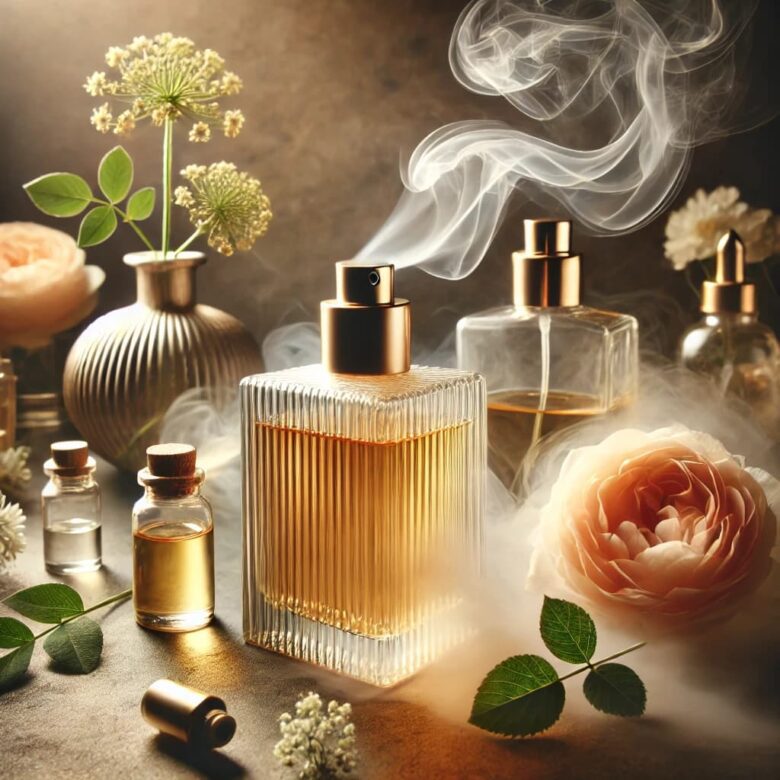
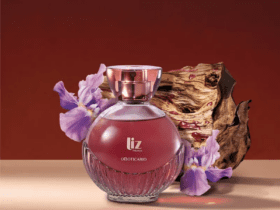
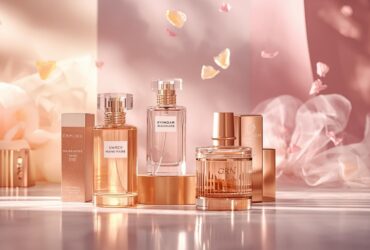

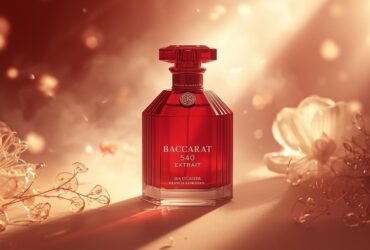
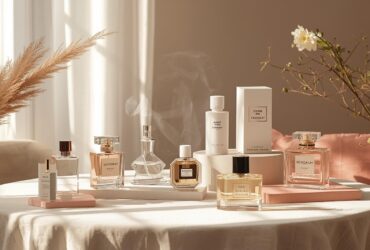
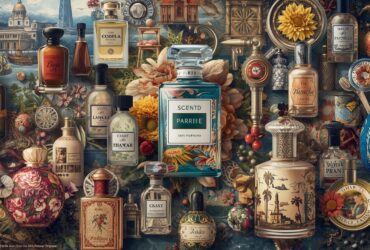

Leave a Reply